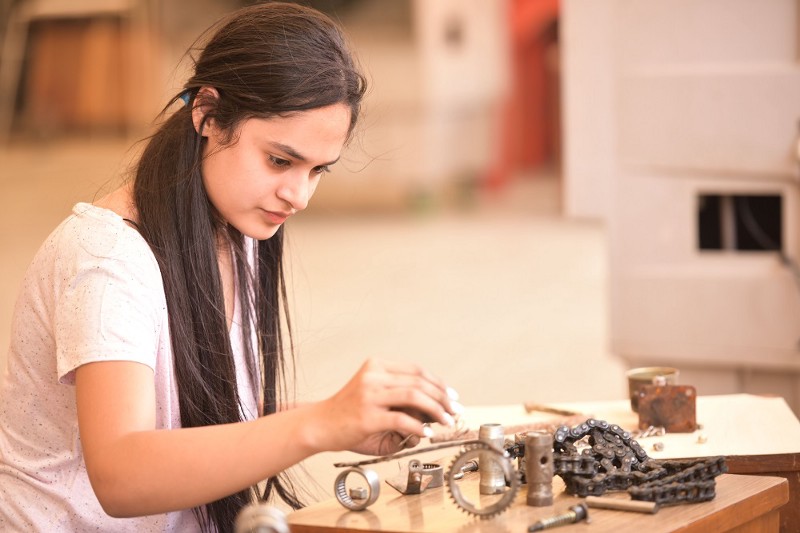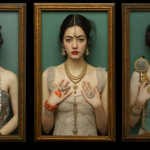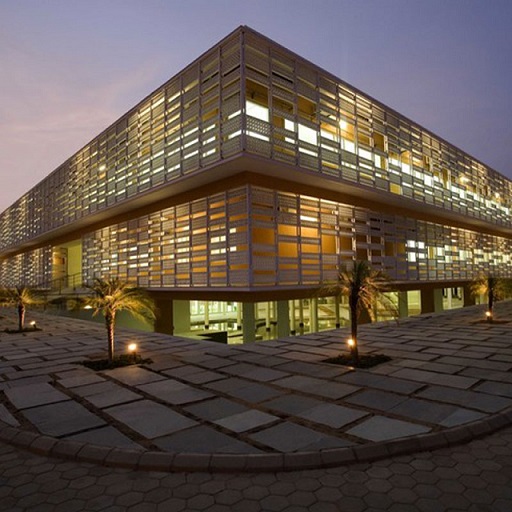Creative Economy is the new buzzword today. It’s being studied, scrutinized and promoted globally. People’s creative skills are rooted deeply in culture, traditions, history and imagination. Creative industries, therefore, not only have an impact on economic development but are strongly linked with social, cultural and sustainable development. In this modern age, creative professionals are emerging as enablers of a more inclusive, sustainable and meaningful development.
The success of a creative economy depends on the creative industries and professionals who are part of the same. These include design, media, arts, interiors and architecture, communication, films, creative businesses and all industries that interact with lifestyle, humans and their livelihood. The World Economic Forum has identified critical thinking, problem solving and creativity as the key skills for success in tomorrow’s complex world.
So can’t anyone become a creative professional? Isn’t creativity universal? Isn’t everyone born creative? In that case, does it make sense to go to a design school? Is there any benefit? I have been thinking about this for a long time.
Having taught at Pearl Academy, a school of Creative Education in India for the last 18 years, I have been watching the transformation that happens to students very closely and can say with near surety that Yes! Everyone is creative, but you should introspect before deciding to take on a design career. One should evaluate one’s attitudes and interests and compare them with what you will be faced with in your professional life. And totally Yes!! A good design / liberal education really helps in so many ways.
Listed below are some of the key attitudes and skills required to be a professional in the Creative Industries. It is important to note which of these are your strengths and which ones you need to develop as you go along.
a. Creative Thinking — this is the ability to think of out-of-the-box and to imagine ideas and solutions. To approach every situation with an open mind and curiosity.
b. Practical Making — enjoying actually working with materials and things, taking things apart and putting them together, arranging and creating things by actually doing.
c. Problem-Solving — a problem solver sees a difficult situation as a challenge to be worked out. He approaches problems or difficulties with excitement and anticipation.
d. Openness to Technology — an innovative person is not afraid of technology but enjoys new apps, digital media, gaming and trying new forms of communication
e. Interpersonal Skills — one doesn’t need to be an extrovert to be a creative person, but the ability to work with other people and learn from each other is a skill that you will have to slowly develop as unlike an artist, a creative professional needs to collaborate with others around him
f. Communication — one needs to be able to choose your medium and communicate effectively. This could be through blogs, films, business plans, products, fashion, art, etc.
g. Positive Attitude — A positive attitude is important and creates a focus on the possibilities ahead whether it is dreaming of ideas or actually creating solutions. The feeling that good things can happen, one just has to find a way to get there.
h. Ethics and Values — Design is a discipline of great impact and an honest, value-based approach towards one’s work and the world is essential. The ability to be true to oneself is a good start.
i. Entrepreneurial Outlook — entrepreneurs are constantly looking for opportunities, evaluating ideas and are prepared to push all boundaries to make their idea work. Willingness to take charge and put oneself out there.
j. Global Mindset — today the world has become smaller and trends in one part of the world impact the other, whether music, food, entertainment, media, products, etc. A creative person should be curious about what’s happening in other parts of the world and where that could lead.
So if you are a person who is curious, feels like you want to solve problems, enjoy understanding situations, like to express yourself creatively, is positive about the world around you and wants to make a difference in your own way you should explore Design or Creativity as a career.
Do you need an Education or is being Creative enough?
Education is much more than a piece of paper, and especially in the world that we are living in today, a good education is essential to life success. Here’s what a Design Education do for you
a. Provide a structure and environment for your growth
b. Open your mind to new ideas and thoughts
c. Facilitate your learning
d. Create respect for the discipline and the values it has
e. Expose you to the Industry and give you a conscience
f. Help you to think critically and evaluate situations
g. Empower you to be creatively mature
Remember a career is a very important choice. It is the space in which you will spend at least half of your life and more than half of your thoughts, so choose wisely. Design is a serious and valuable profession but is also consuming and requires complete dedication. I have seen young designers stay up for nights at a stretch completely absorbed in their work and loving every minute of it. Finally, I would say, reflect on it and choose something you naturally enjoy. This will make every day joyous.
(This article was first published on Medium.com)












